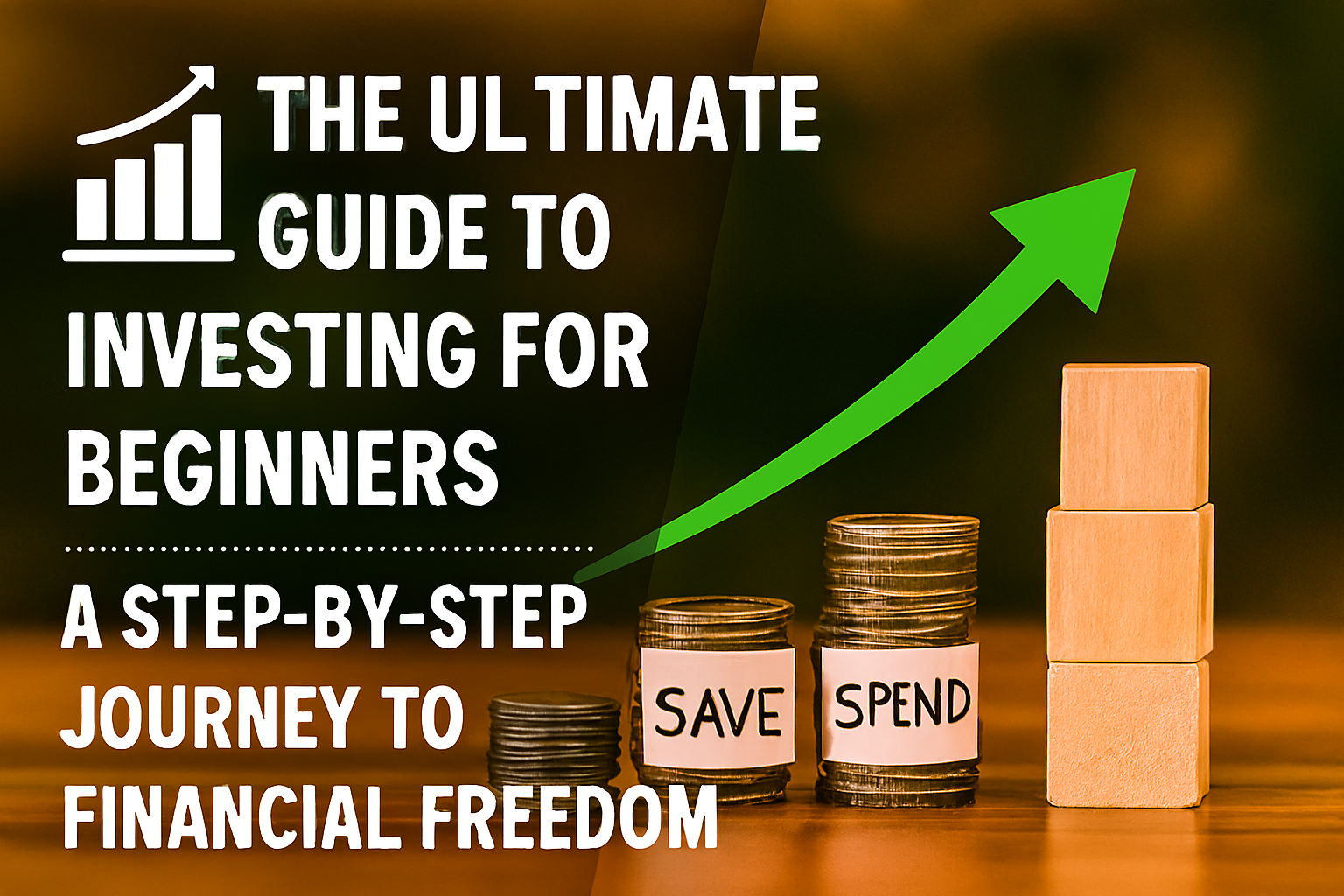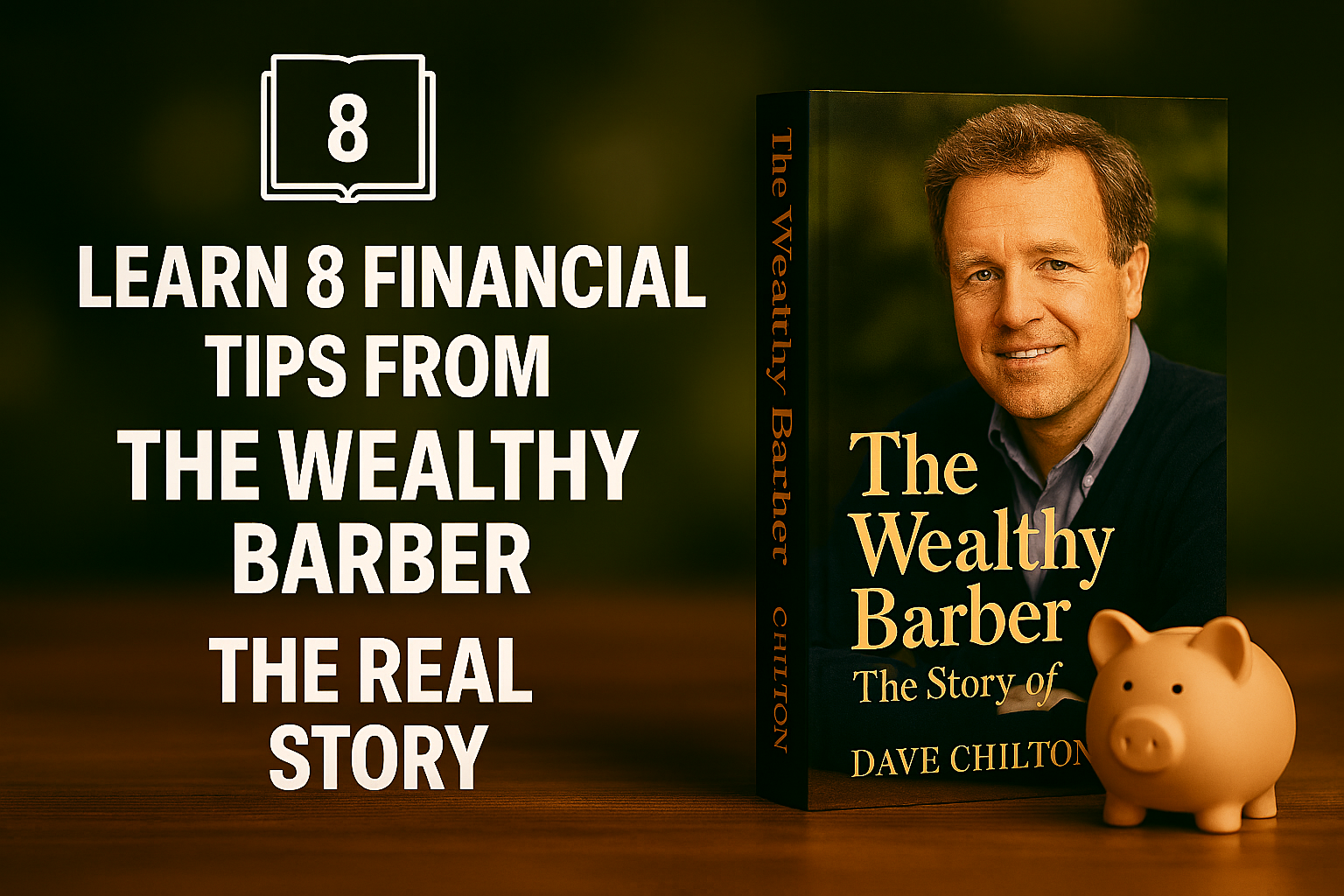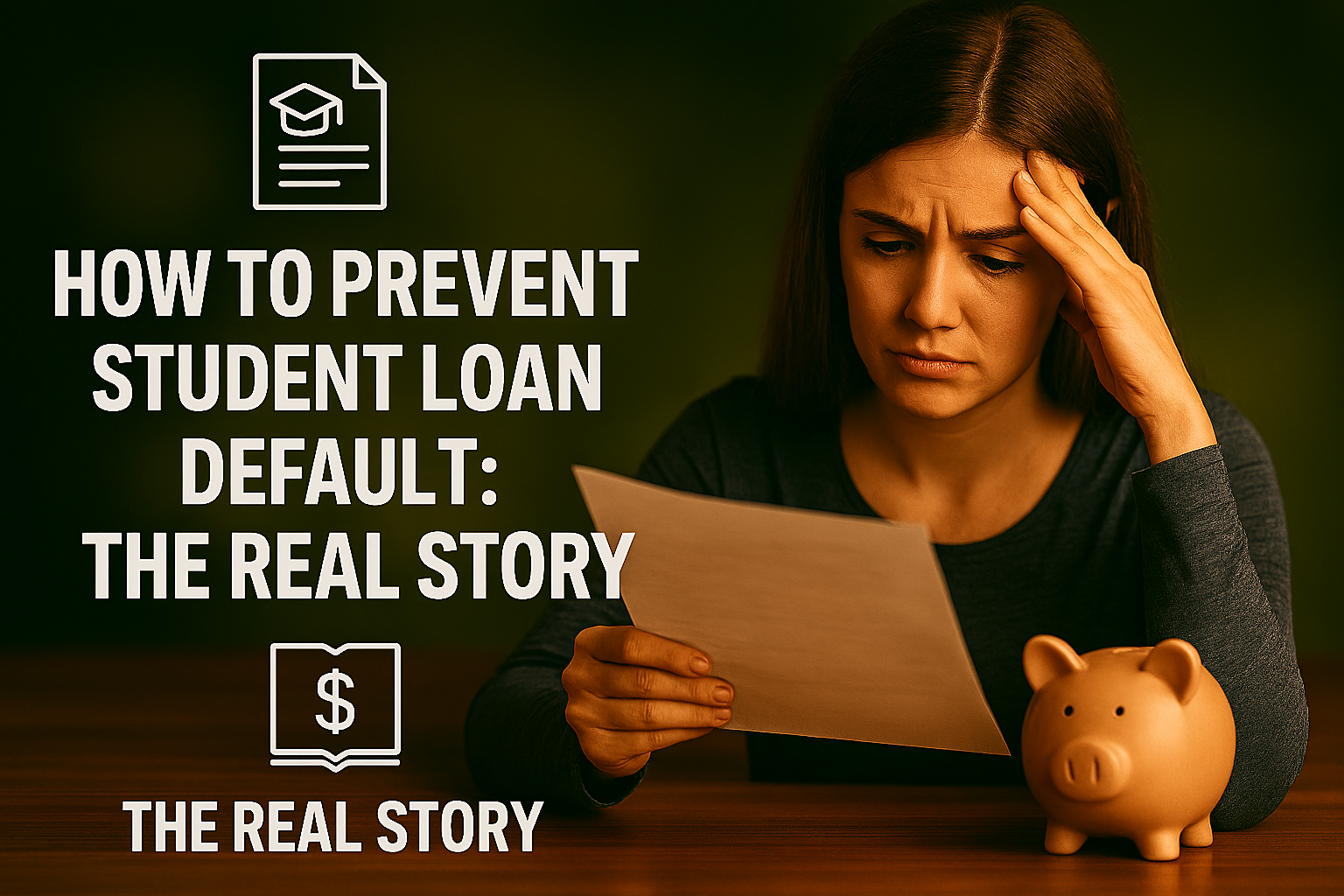
Imagine this While enjoying coffee at a café, your twenty-five-year-old acquaintance remarks nonchalantly, "I'm saving for a house." You chuckle to yourself, "Dude, how can I buy a house when I can hardly afford rent and Netflix?" It's far closer than you could imagine, realistic, and useful. Learning how to play the money game differently is the key, not making six figures. This site isn't only about finance. For anyone who is sick of living month to month and eager to start owning something tangible, it serves as a wake-up call, a dose of reality, and a guidance.
The largest obstacle is not financial but mental. The majority of twentysomethings think that getting a home is something that should be done "later"—after getting married, getting promoted, or having "figured life out." However, what is the reality? Compound growth must work for you for a longer period of time if you begin early. You will lose valuable years of power if you wait until your 30s. Consider Emily, a 24-year-old Austin graphic designer. She earned $52,000 annually. She started saving $400 a month in a high-yield savings account rather than stating, "I'll start saving when I make more." After four years, she had $20,000, which she used as a down payment for an FHA loan for a tiny condo. She was not a lottery winner. She simply got started early.
Lesson: Saving for a home doesn't require wealth. All you need is perseverance and a little obstinate faith in your future self.
People frequently believe, "I need $100,000 sitting in the bank," when they hear the phrase "save for a home." False. Only the down payment and closing costs are required; the full cost of a home is not. In the US, buyers can put down as little as 3.5% thanks to programs like FHA financing. It's about $10,500 for a $300,000 house. For closing costs, add $5,000 to $7,000, for a total of about $16,000. Does that sound daunting? Not when divided into phases. Without side jobs or sacrifice, if you start saving $500 a month at age 24, you will have $12,000 by the time you are 26. You're ready when you add bonuses or tax returns to it.
For instance, 26-year-old Denver barista Jake saved $200 a month from a weekend job in addition to his tip money. He had enough money in two years to purchase a $280,000 house with an FHA loan. In the end, his mortgage was only $100 more than his previous rent.
The negative perception of budgeting is that it sounds constrictive, like spreadsheets and guilt. The reality is that budgeting is about saying "yes" to the things that are important, not "no."
Give the 50/30/20 guideline a try: set aside 50% of your salary for necessities (rent, bills, groceries), 30% for wants (eating, entertainment, and travel), and 20% for spare cash. Aim for 15% for your "home fund" and 5% for emergencies when you're saving for a house. So that you don't even need to consider it, automate it.
For instance, 23-year-old Taylor in Chicago spends $250 on takeaway per month. She lowered that to $80 after keeping track of her spending and transferred $170 a month to her "Dream Home" account. She saved $2,000 over the course of a year simply by listening. She simply stopped squandering money on items she hardly recalled purchasing, but she didn't stop having fun. Budgeting is a form of disciplined freedom.
A "home fund" is your starting point for ownership, not merely a place to save money. Here's how to construct it correctly:
1. Create a savings account with a high yield. Banks that provide 4–5% interest rates include Ally, SoFi, and Capital One. To avoid being tempted to spend it, keep this account distinct from your normal one.
2. Automate deposits: On payday, set up automated transactions. Motivation is surpassed by consistency.
3. Give your objective a name. Give the account the name "My First Home." Although it seems corny, it serves to psychologically reinforce purpose.
4. Give it a creative boost. Refund of taxes? Put it down. Bonus for work? Put it down. - Birthday money?
According to the real scenario, Jordan, a 25-year-old marketing assistant in Los Angeles, founded a "House Hustle. She contributed 10% of all cashback points and payments from side gigs.
She had $18,000 in two years, which was plenty to begin looking for a home. When money has a purpose, it acts better.
You're not the only one who thinks, "I have student loans, so I can't save." In their 20s, the majority of Americans do. The objective is to handle both wisely, not to pay off debt before saving. Prioritize paying off high-interest debt (such as credit cards, which have interest rates of 18%+) while making minimum payments on low-interest debt (such as federal student loans, which have interest rates of 4-5%). Utilize the debt avalanche technique to accelerate cash flow by paying off the most costly bills first.
For instance, Mia, a 27-year-old Seattle resident, owed $9,000 on credit cards. After paying half with her tax refund, she combined the remaining funds into a 7% personal loan. She saved $200 a month as a result of the change, which she put into her home fund. To proceed, you don't have to pay off your loan. Simply reduce the cost of carrying it.
Side gigs are your hidden weapon if your wage is barely enough. And no, driving an Uber is not a must. Opportunities abound on the internet. Offer digital goods for sale on Etsy. Work as a freelancer using your writing, design, editing, and social media abilities. Online tutoring. If permitted, rent out a room. Take part in app testing or sponsored surveys.
For instance, 24-year-old sales representative Brandon began taking pictures on the weekends. Every month, he earned an additional $400 to $600. He put all of it into his home fund rather than squandering it. He got $14,000 after two years, which was sufficient to buy a duplex in Phoenix. He now leases out one half and lives in the other. The goal of side income is to extend your timeframe of freedom, not to burn yourself out.
Banks won't care how much you save if your credit score is low. Your credit score in the United States affects not only whether you are approved for a loan but also the interest rate you will pay, which may add up to thousands of dollars over time. To make things better, always make your bill payments on time. Limit the use of credit to 30%. Refrain from applying for credit cards at random stores. – Every year, visit AnnualCreditReport.com to view your report.
For instance, Olivia, a 22-year-old from New York, has a 620 credit score. After lowering her card amount to less than 25% and setting auto-pay, she reached 710 in just six months. She was able to save $8,000 over the course of her loan thanks to that move, which also qualified her for a higher mortgage rate. Consider your credit score to be the silent, unseen, yet influential equivalent of your adult report card.
The best-kept secret is that the government of the United States wants you to own a property. It is made easier by federal and state programs that offer assistance grants or low down payments.
The down payment for FHA loans is 3.5%. USDA Loans: Rural communities that qualify pay no down payment. Veterans have no down payment on VA loans. Some states provide assistance ranging from $5,000 to $10,000.
For instance, 25-year-old Ohio teacher Noah applied for the "Welcome Home" program. $7,500 was given to him as a down payment. That was available money, not money that had been earned. The majority of individuals never consider what is conceivable, thus they never make an early purchase. Years of waiting could be avoided with a few hours of investigation.
Building is the goal of house ownership, not showing off. Start with a smart house before rushing to purchase your ideal residence. Purchase only what you can afford. Think about hiring a room. -es are able to laugh.
For instance, Leah, 29, of Florida, passed on a $320,000 "dream home" in favor of a $240,000 starting home. Her mortgage was reduced as a result, and she was able to continue investing. Her property increased in value by 15% after two years, and she was able to re-finance at a more favorable rate. Being an owner is about establishing roots for your future, not about flaunting.
You'll eventually come to understand that saving for a home is about more than just real estate; it's about mastering yourself. It promotes delayed gratification, patience, and discipline—the true cornerstones of riches. When you scroll through people who are "living their best lives," it's easy to feel behind in your twenties. Financial independence, however, is more about what you possess than what you share. Everything changes when your money begins to work for you.
For instance, 28-year-old Carlos used to squander all of his money. He promised himself that he would stop thinking in the short term after another rent increase. Three years later, he had a condo with two bedrooms. That evening, he said: "This isn't luck. These are complex choices. The bottom line is that you're not merely saving for a home. You're creating mental tranquility.
Being broke in your 30s is just as difficult as saving for a house in your 20s. The only distinction is that one version of you is worn out from paying rent, while the other is worn out from having a mortgage. Time will pass anyway; what you end up owning is determined by your decision. Think long-term, start small, and have faith in the process. Don't wait for "the right time"; it starts as soon as you think it's feasible. You don't have to know everything. Just get started. Because you started when it seemed impossible, rather than because you "made it," you'll one day sit on your porch with coffee in hand and smile.

Your twenties are a time of freedom. You fantasize of creating the finest life possible after ...
 Tajib Ali
Tajib Ali
Imagine waking up in the morning, brewing a cup of coffee, checking your phone, and seeing that your...
 Tajib Ali
Tajib Ali.png)
We frequently hear financial advice and assume that saving money is merely a habit that takes time a...
 Tajib Ali
Tajib Ali.png)
Have you ever wondered how the most important financial choices are made in the world? Michael Lew...
 Tajib Ali
Tajib Ali.png)
One of those financial instruments that can simultaneously offer you freedom and risk is a credit ca...
 Tajib Ali
Tajib Ali.png)
However, the majority believe his tactics are exclusive to Wall Street gurus or billionaires. ...
 Tajib Ali
Tajib Ali.png)
Imagine, brothers and sisters, that you have earned a college degree and are free of student loan de...
 Tajib Ali
Tajib Ali
Ever wonder why some people, despite having ordinary salaries, manage to build long-term financial s...
 Tajib Ali
Tajib Ali
Imagine this: Your graduation cap has just been thrown into the air. Your degree is your...
 Tajib Ali
Tajib Ali
Comments (0)
Leave a Comment